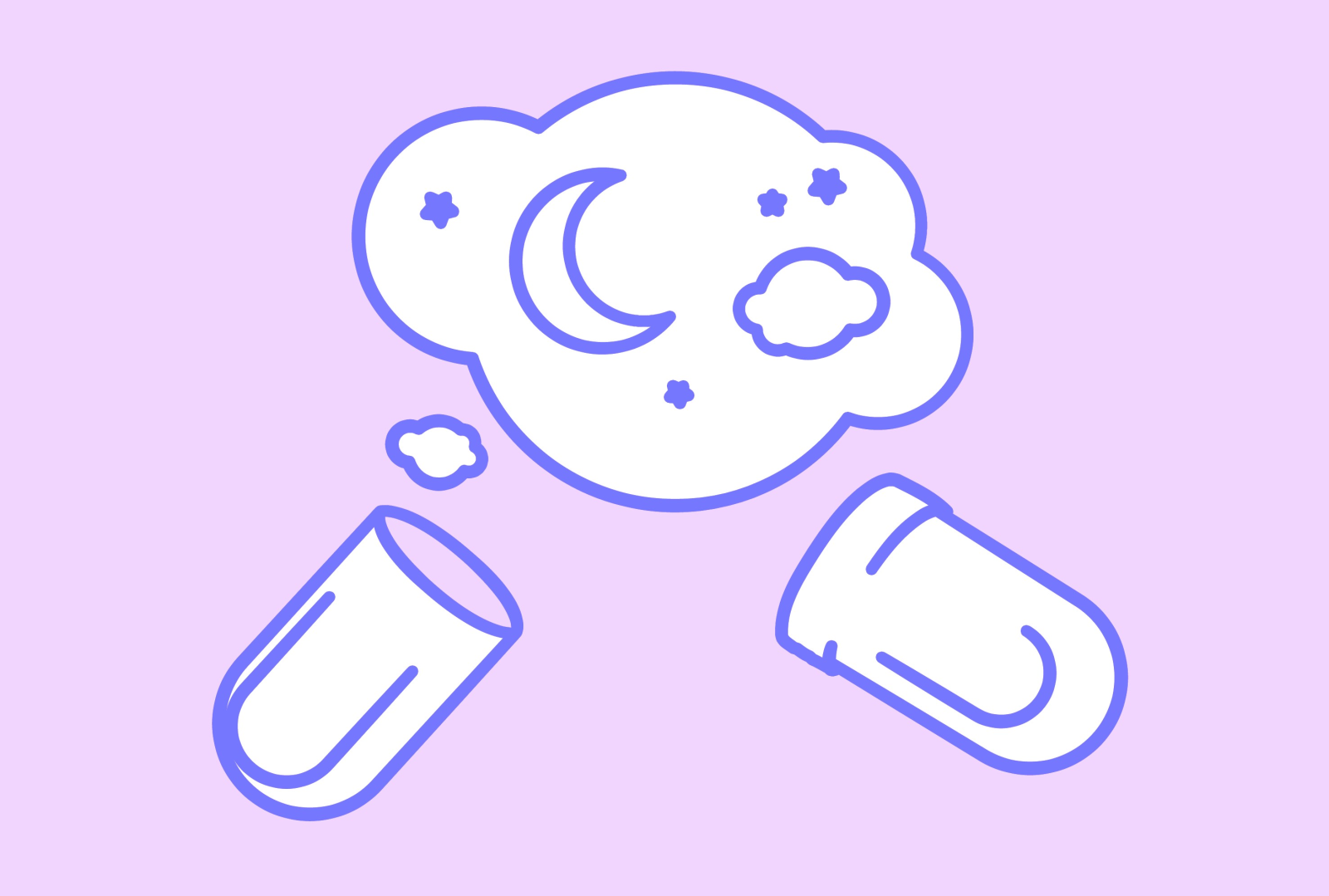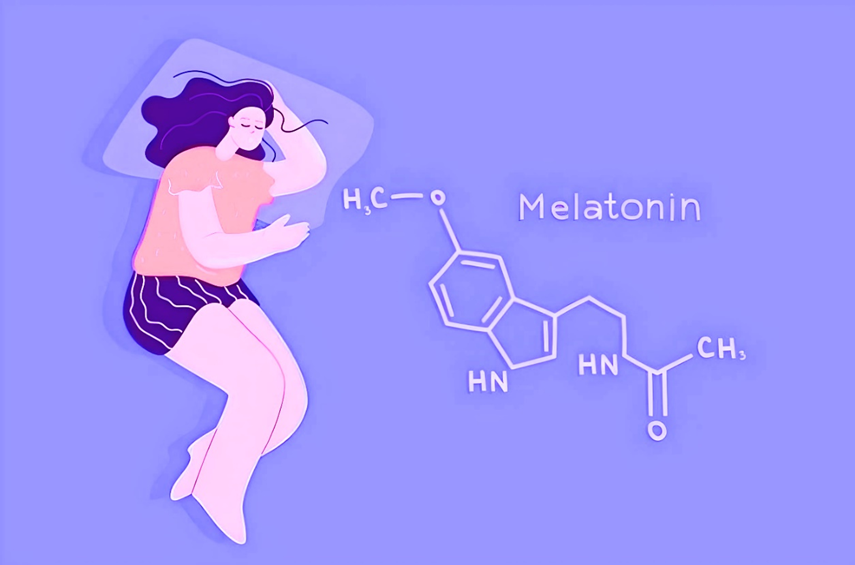
How Long Does Melatonin Last? An Insight into the Sleep Aid
Melatonin, often referred to as the "sleep hormone," is pivotal for regulating our sleep-wake cycles. But when you use it as a supplement, how long can you expect its effects to last? Let's break it down for a restful understanding.
What Is Melatonin?

Melatonin is a naturally occurring hormone produced by the pineal gland. It's primarily responsible for signaling to our bodies that it's time to wind down and prepare for sleep.
Melatonin Supplements: Why Take Them?
For various reasons — from jet lag to certain sleep disorders — some individuals might find it beneficial to take melatonin supplements to adjust their internal clocks and achieve a restful night.
So, How Long Does Melatonin Last?

When taken as a supplement:
Onset: Melatonin usually starts to take effect after about 30 minutes.
Duration: The effects of melatonin can last for about 4 to 8 hours, depending on the dosage, your individual body chemistry, and factors like your age and overall health.
Factors Influencing Melatonin's Duration
Dosage: Higher doses may have longer-lasting effects. However, it's essential to consult with a healthcare provider to find an appropriate dosage.
Body Composition: Bodyweight, metabolism rate, and overall health can influence how long melatonin remains active in your system.
Age: As we age, our bodies might process substances differently. Older adults may find that melatonin lasts longer in their systems.
Other Medications: Some medicines can either amplify or reduce the effects of melatonin. Always discuss potential interactions with a medical professional.
Ensuring a Good Sleep Environment with New Bed

While melatonin can aid in sleep, it's vital to have an optimal sleep environment. From the right mattress firmness to ideal bedding, New Bed offers an array of products that complement your sleep routine.
FAQs about Melatonin
Can I build a tolerance to melatonin?
Typically, melatonin doesn’t result in tolerance, but always use the smallest effective dose and consult with a healthcare provider.
Are there any side effects of melatonin?
Some people might experience mild side effects like dizziness or headaches. It's crucial to be informed and consult with a doctor.
Conclusion
Melatonin can be a useful tool in the quest for better sleep, but understanding its duration is key. Always consult with a healthcare provider when considering supplements and ensure you’re sleeping on a quality mattress for the best rest possible
